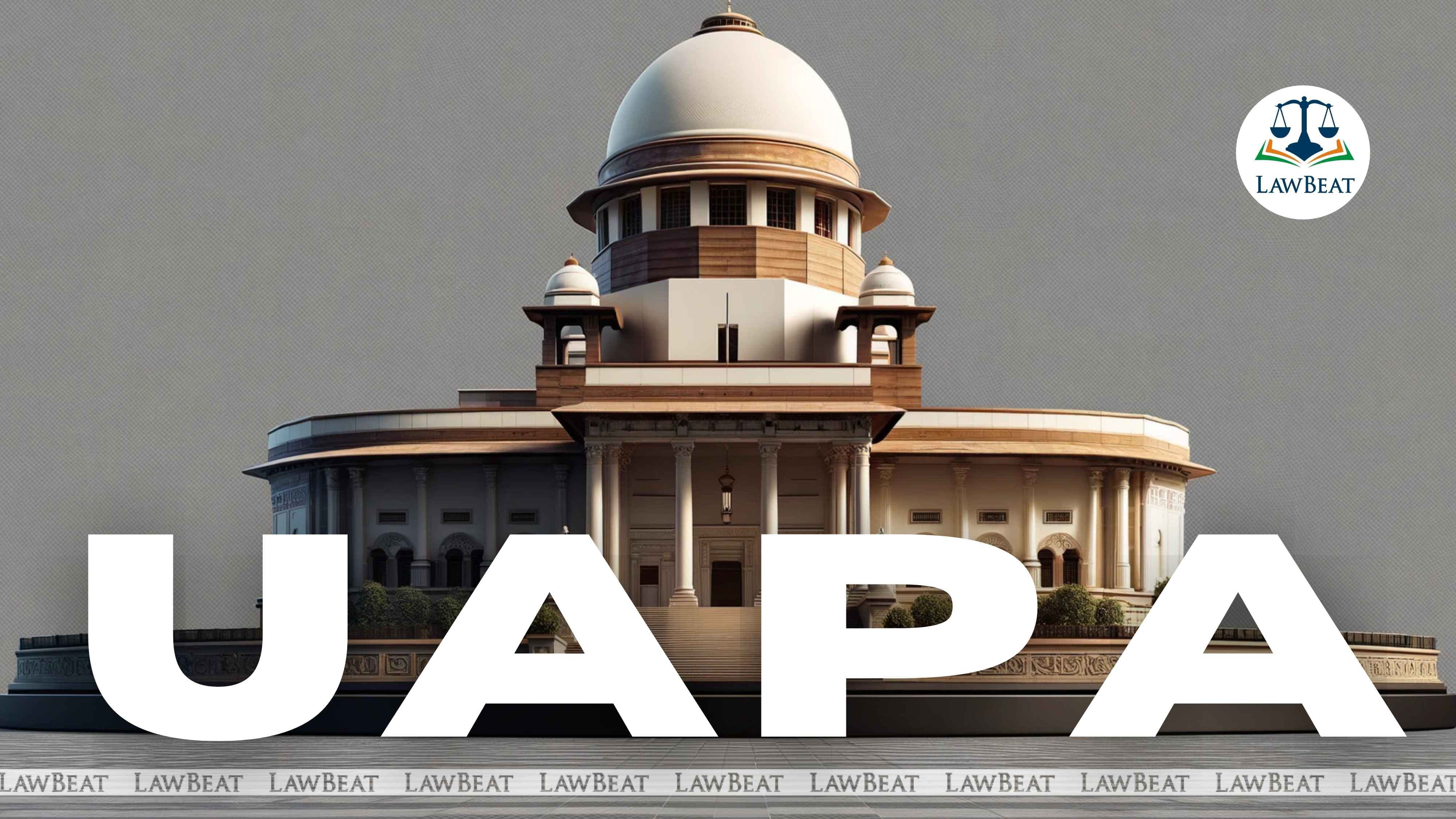"We cannot be Court of first instance": Supreme Court Refuses to hear pleas challenging UAPA Amendments

At the request of the senior advocate, the bench accordingly referred the matter to Delhi High Court
While refusing to entertain petitions challenging the amendments to the Unlawful Activities (Prevention) Act, 1967, the Supreme Court of India on Tuesday directed the petitioner to approach the Delhi High Court in this regard.
A bench of CJI Sanjiv Khanna and Justices Sanjay Kumar and K.V. Viswanathan emphasised that the top court cannot be the court of first instance.
Noting that several problems would arise, the bench observed that sometimes issues are left unresolved by the petitioner, and sometimes by the Union. It said,
“We cannot be the court of first instance… A lot of problems arise, sometimes issues are left by your side (petitioner), sometimes by their side (Union), then we have to refer to a larger bench. Let it be first decided by the high court."
Court made these observations while dealing with a batch of pleas challenging the UAPA Amendment Act, 2019. The petitioner had challenged the validity of Sections 35 and 36 of the UAPA, 2019.
It was argued that the amended Act gave the Centre the power to designate an individual as a "terrorist, noting that such labelling was violative of the fundamental rights guaranteed under Articles 14, 19, and 21 of the Constitution of India.
Appearing for the petitioner, Senior Advocate C.U. Singh, during the hearing, told the bench that the petition had been pending before the Apex Court since 2019 and that similar issues were already being adjudicated by the court.
However, the bench reiterated that the matter should first be heard by the High Courts.
In view of this, Senior Advocate C.U. Singh urged the bench to refer the matter to the Delhi High Court, adding that it would be inconvenient for the petitioners to seek representation before other High Courts.
Accordingly, the bench allowed the request.
Case Title: Sajal Awasthi v Union of India
Inputs: PTI
